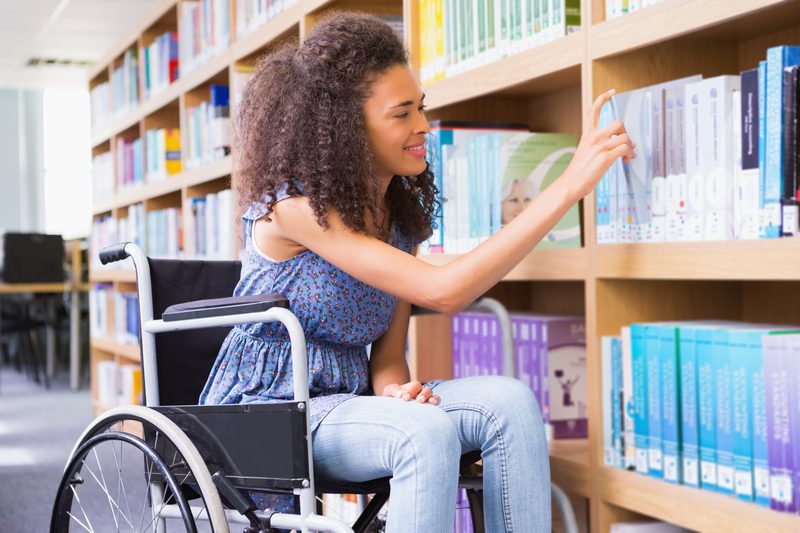
Around 19% of all enrolled undergraduates report having a disability, as do 23% of all undergraduates aged 30 and over. Those who do can face a series of challenges—including being unaware of available campus disability resources, lack of accessibility in the design of university buildings and open spaces, and the stigma of disability. If you have a disability and would like to commence your undergraduate degree, what considerations should you keep in mind?
Discover What Accommodations Different Colleges Offer
Most colleges have dedicated departments or qualified staff that can point disabled students in the right direction in terms of resources and accommodations. The latter range from undertaking exams to completing work in a way that best suits the student. Accommodations that can make one’s learning experience significantly more positive include adaptive software and technology, accessible seating, or quiet learning spaces. Assistive technology ranging from speech-to-text processors to digital recorders can also make learning a more positive and time-efficient experience. There is a bevy of online information on colleges that make an excellent effort to provide disability-friendly services. These include the American International College, Adelphi University, DePaul University, University of California, Berkeley, University of California-Irvine, and University of Connecticut. The latter, for instance, has the Strategic Education for Students with Autism Disorder (SEAD), which helps students enjoy an easy transition to college life.
Boosting Safety at Home
Disabled students living alone for the first time off-campus should take specific steps to boost their safety. People with disabilities may be particularly vulnerable to crimes, with statistics showing, for instance, that a large percentage of women with disabilities have faced sexual assault. For disabled people home safety advice to follow includes asking for medical guidance regarding useful home changes, using strong encryption like WPA2 to set up network access to home automation systems, and relying on medical alert systems that can be worn as a bracelet or pendant if necessary.
Checking Out Available Grants
In order to make college life more affordable, disabled students can check online to see if they are eligible for grants such as the Pell Grant, which gives students up to $4,000 annually if they are in financial need. Grants are offered on a local, regional, state, and federal basis so spend time finding out what is available. Just a few associations and programs that may be of interest include the National Federation for the Blind, the Billy Barty Foundation, and the Cystic Fibrosis Scholarship Program. Also check out the U.S. Department of Education’s TRIO Programs, which provide education grants to people from disadvantaged backgrounds and those with serious disabilities. Students need to fill out the Free Application for Federal Student Aid to avail of federal financial aid programs.
Students with disabilities can take many steps to make college life more positive. Steps to take include researching available grants and taking time to choose a college with the right accommodations if necessary. Students should also ensure their home is safe by opting for tools like home automation, security cameras, and other technologies that can help them feel safer.















